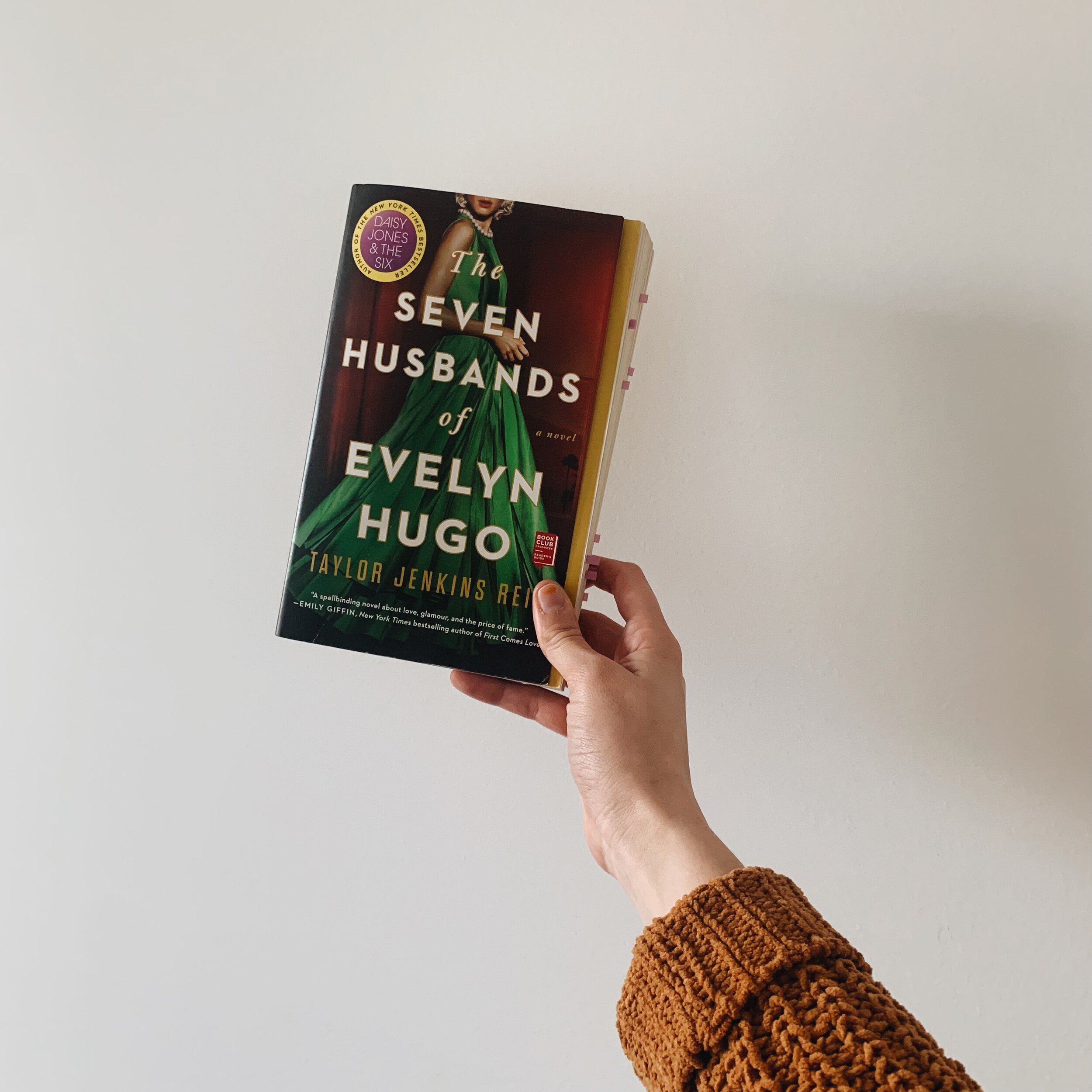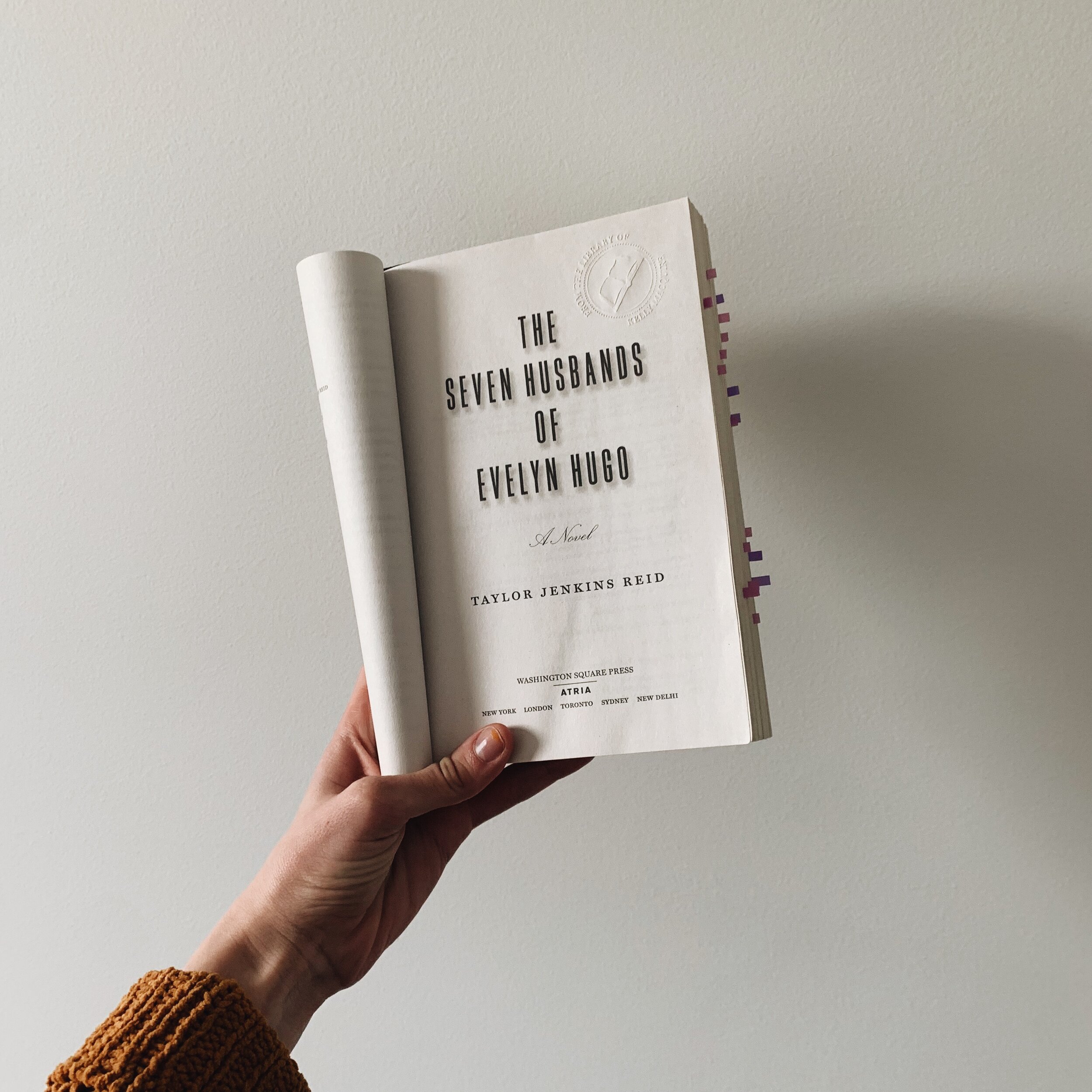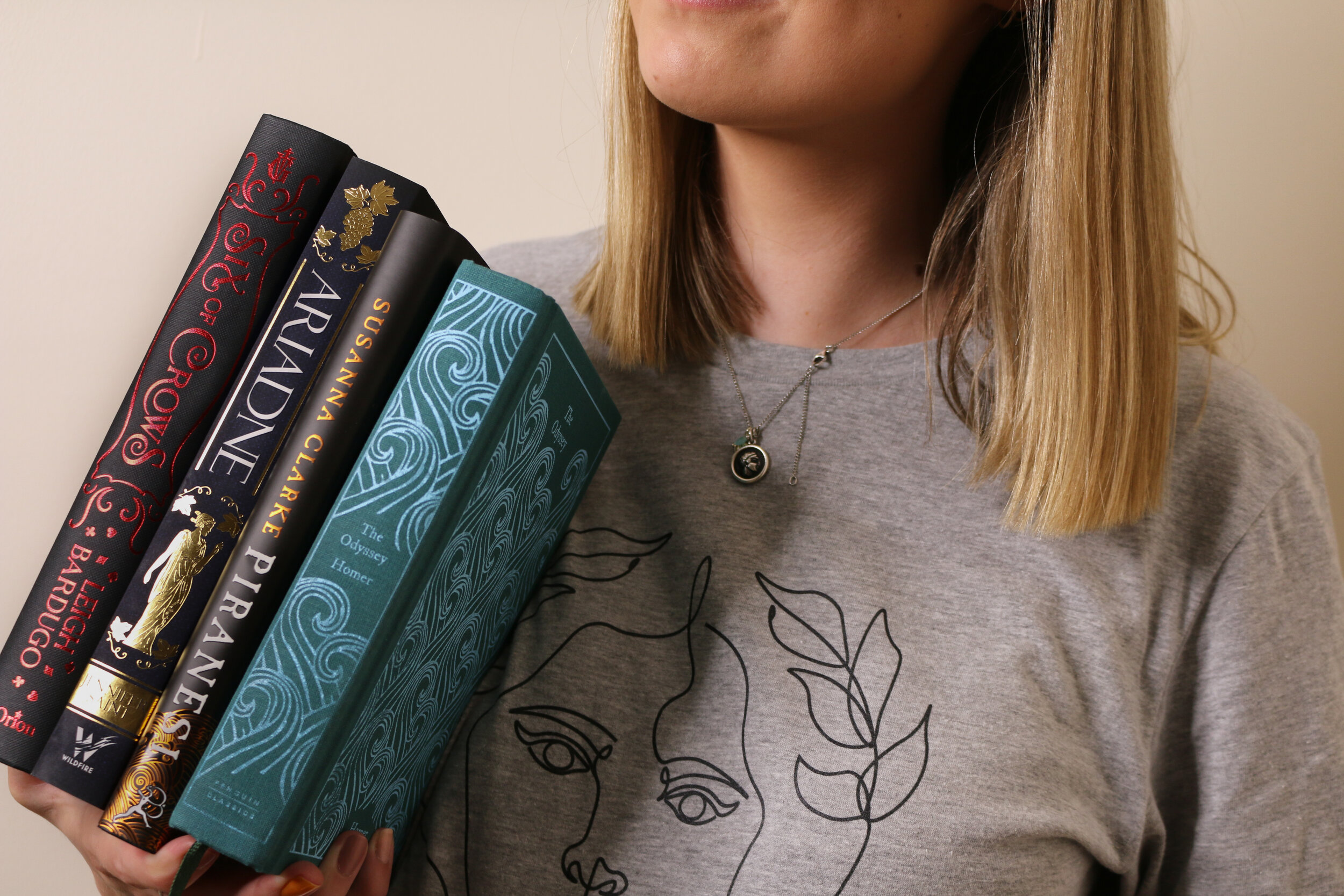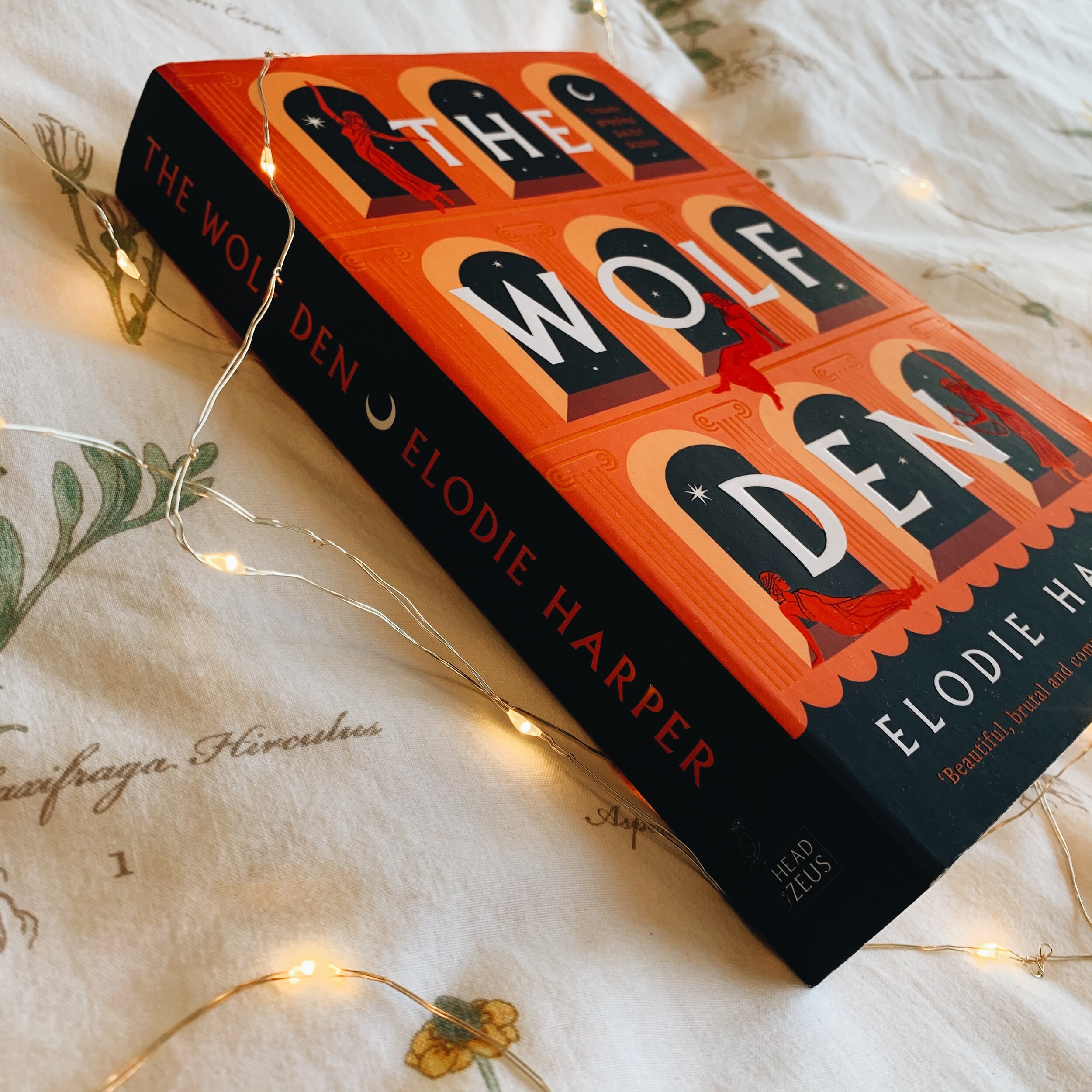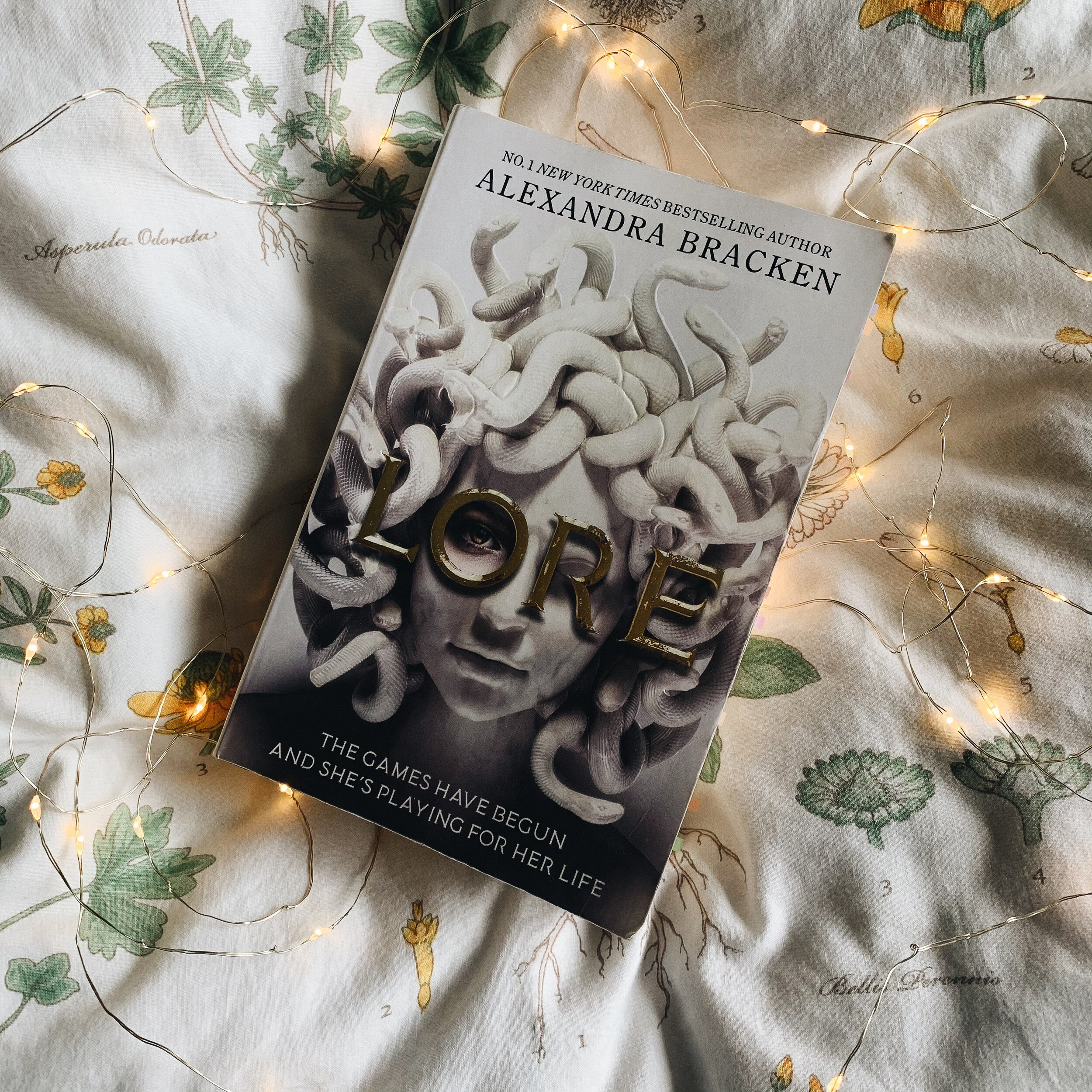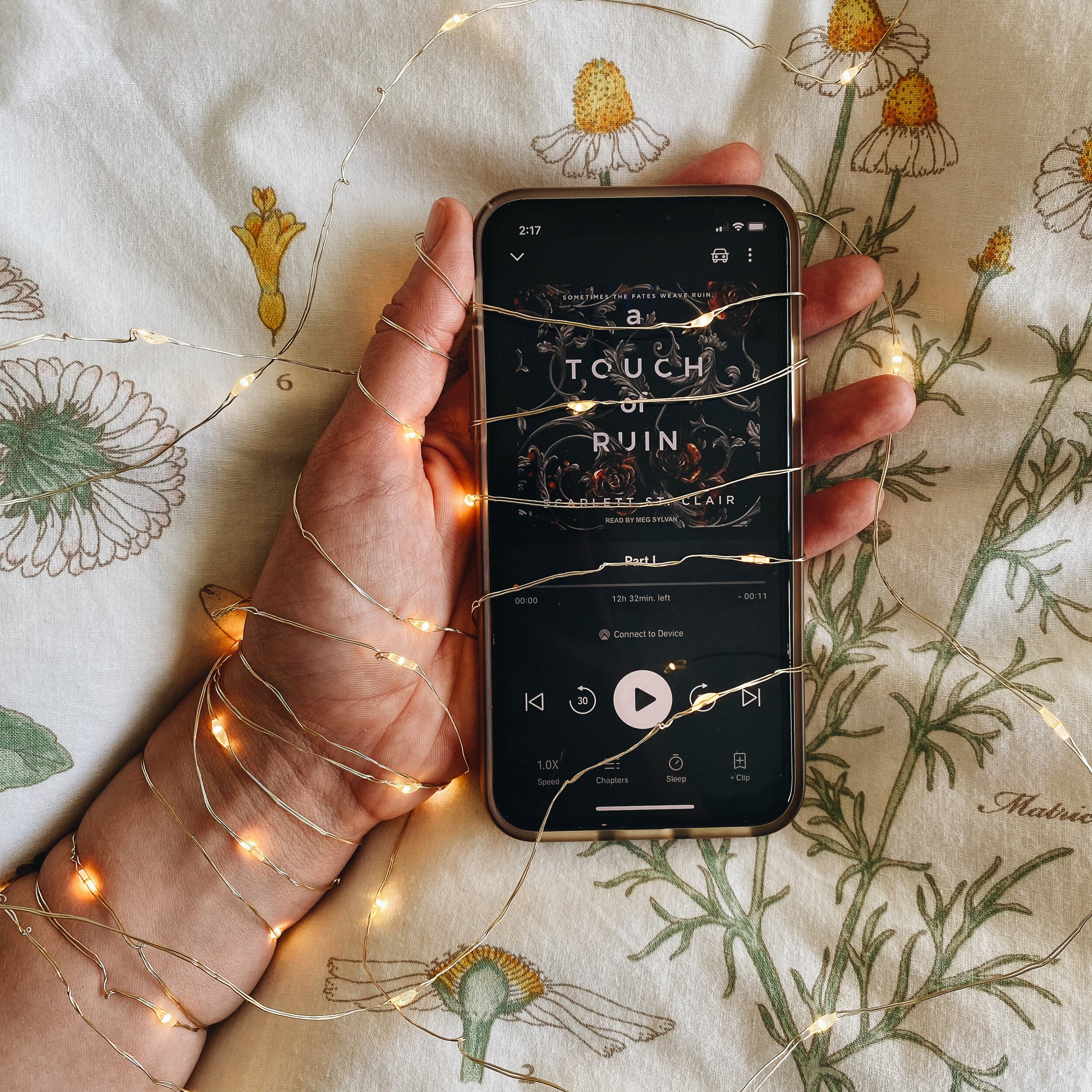I cannot believe I am actually writing this right now, I swear I still have two more weeks left of June?? Honestly, this month has passed me by so fast, I thought I had more time to get things done. Sorry it’s been a bit quiet over here, apparently, I was really busy in June? With all that being said, I still read some books this month (yay!) so let’s get into the wrap up for this month, and what I am hoping to read in July.
June Wrap Up
This month I finished 3 books (yay me!) and started about 10 AHAH. So, standard Kelly reading habits pretty much. The first book I finished was the audiobook of The Crown of Gilded Bones by Jennifer L Armentrout, and boy was it a letdown. This book simply was not good. It was too long, the plot (if you can find it), was poorly executed, and I am literally only invested in, like, one character. Apparently, Jennifer didn't have a proper editor work on this book, and boy can you tell! There was so much repetition in this book, it honestly felt like I was listening to the same page over and over again. The audiobook went for over 25 hours which is TOO LONG for a book that is a part of a 6 book series. And, if it had to be that long, why couldn’t something exciting actually happen? There was definitely not enough action and interesting events in this book to keep me interested. Poppy was actually less annoying in this book, but in saying that, I literally could not care less about what happens to any of these characters (apart from Kieran, ily). I usually get VERY attached to the main character and especially the main couple of books, but BOY do I simply not care about Poppy and Casteel. Anyway, I wouldn't be wasting my time with this series, and would recommend you pick up JLA’s Covenant Series. THAT is an MC and main couple I will stan for the rest of my days. I gave The Crown of Gilded Bones ★★☆☆☆.
The next book I finished was Piranesi by Susanna Clarke, which I am pretty sure I read in less than 2 days. This book was exquisitely written, and so unique I couldn't put it down. Once you get used to the layout of this book (it’s in journal entries), it absolutely draws you into the story and doesn’t let you go until the last page. From the beginning of this book, you get the weirdest sensation that there is something off about the House, which is the world that Piranesi and the Other live in. The story progresses, and as it does, the sense of eeriness increases. It was honestly, one of the best books I have read this year. The whole concept of the book was fascinating, and the underlying whisper of cultures, people and beliefs long past is subtle yet essential to the entire aesthetic of the story. Honestly, do yourself a favour and read this book (and I would recommend sitting down and reading the whole thing in one sitting, to get the full effect).
The final book that I have finished this month was another brilliant read, and the was The Seven Husbands of Evelyn Hugo by Taylor Jenkins Reid. Another spellbinding read, but in a completely different way. The entire time you’re reading it, you know that Evelyn Hugo is going to drop a bomb that will turn Monique against her. You find this out in, like, the first 5% of the book. And so, as Evelyn is telling Monique every detail of her life from her first husband to her seventh, you’re equally enthralled, fascinated and slightly judgmental about the life Evelyn has led, and you just want to know the secret she has been hiding. I never wanted to put it down, and the way you get to hear about her life as she is telling it after the fact, you get both the story, and Evelyn’s thoughts and feelings in the current moment which added another layer of complexity to her character. Honestly, it was a bit of a surprise that I loved it so much, but I will definitely be recommending this book to everyone.
July Hopefuls (and books I started in June)
As I mentioned, I started a BUNCH of books in June that I am taking my time with. These include The Poems of Catullus, Tragedy, the Greeks and Us by Simon Critchley, Venus & Aphrodite: History of a Goddess by Bettany Hughes, A Game of Fate (audiobook) by Scarlett St. Clair and an uncorrected early edition of THE REAL VALKYRIE: The Hidden History of Viking Warrior Women by Nancy Marie Brown. I am slowly taking my time with The Poems of Catullus as well as Tragedy, the Greeks and Us. I am picking up The Poems of Catullus and reading a couple alongside a guide whenever I feel like it, and Tragedy, the Greeks and Us is an incredibly dense read, so I have a feeling I’ll be reading it for a while. I’m loving Venus & Aphrodite: History of a Goddess, it is a much lighter read than I was anticipating. Bettany has started at the very beginning of the development of the goddess that is probably best known today as Venus, and she is moving through time and using archaeological evidence, as well as literature from antiquity to track the goddesses development and movement through the ancient world. I am really, really enjoying it. A Game of Fate has been a really enjoyable read so far (although it took me a while to get used to the narrator. The story is the same as A Touch of Darkness which is the first in Scarletts Persephone x Hades series, except this one, is from Hades point of view. I love that we are getting SO much more information on the way the gods live in this urban world, and we get to see a lot more of the gods in this one which has been wonderful. I also love getting to know what was going through his head. Would definitely recommend to anyone who has read Persephone’s point of view but not Hades’ to definitely pick this one up! Finally, I have started reading THE REAL VALKYRIE: The Hidden History of Viking Warrior Women which I am reading for work, and will be reviewing here and over on World History Encyclopedia, as well as hopefully interviewing the author which will be wonderful! Another book I have popped onto my hopefuls (since I’d like to finish a couple of these this month) is House of Hollow by Krystal Sutherland. I have a feeling I will probably pick up if not this book (which sounds so intriguing), but another fiction or two books to break up the non-fiction!. What has been your favourite read of June? What are you most excited to read in July? Let me know down below or find me over on Instagram @kell_read ✨





